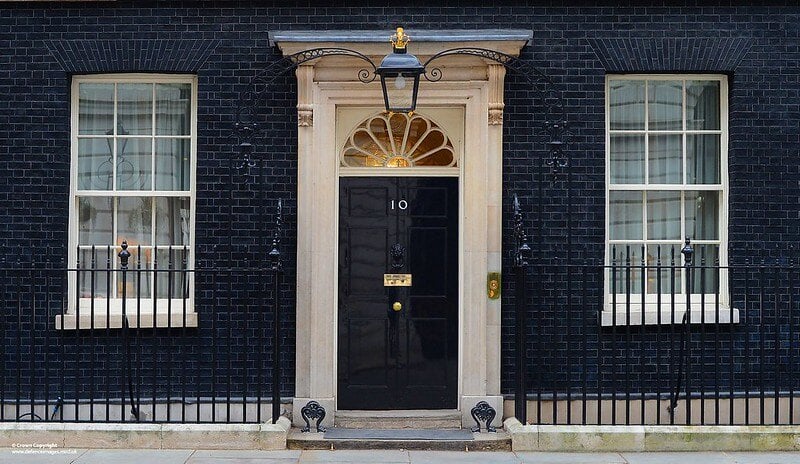UK General Election - What happens now?
by Matthew Niblett on 22 May 2024
The prime minister has announced that he is calling a general election on 4 July. Here is what happens next.
What is the process for a general election in the UK?
First and foremost, parliament must be dissolved, which is the prerogative of the monarch. The King has set a date of 30 May for the dissolution. The days between now and then are known as ‘wash up’, where all outstanding bills must be agreed by both Houses or face being lost. Given that there is insufficient time to complete parliamentary consideration of legislation in the normal way, the government relies on the cooperation of the opposition to pass outstanding bills. Sometimes, the government may drop certain bills or provisions within those bills to secure the passage of other pieces of legislation.
Once Parliament has been dissolved, all business in the Houses of Commons and Lords comes to an end and every seat in the Commons becomes vacant. Ministers keep their positions, since those are separate from their role as an MP, but there are major restrictions on government activity during the campaigning period, which lasts 25 working days from the dissolution of parliament until polling day.
During the campaign, the major political parties will publish manifestos outlining what they would do should they form the next government. This normally happens anywhere between 18 and 29 days before the election and Labour and the Conservatives, Britain’s two largest parties, normally publish their manifestos within a few days of one another. Parties may also agree to participate in televised debates, which can range from one-on-one contests between the two largest parties to multi-party affairs.
On polling day, voters have from 07:00 to 22:00 to cast their votes. Our first clear indication of the result will be given by the exit poll at 22:00 exactly. This poll is derived from a survey of voters taken at around 150 constituencies and has correctly predicted the largest party in every general election since 1974.
Once the election is over, the monarch will invite the leader of the largest party to attempt to form a government. Should the largest party have an outright majority of seats (as is often the case under Britain’s first-past-the-post electoral system), they can form a government immediately. Should the largest party fall short, they will need to enter into negotiations with other parties, either to form a coalition (as was the case between 2010 and 2015) or a confidence-and-supply agreement (as was the case between 2017 and 2019).
What does this mean for the tech sector?
The current Parliament has been very tech-focused, and there are still several tech-related bills to look out for. The closest to completion is the Digital Markets, Competition and Consumers Bill, which creates a new pro-competition framework for digital markets. The Lords and Commons are very close to agreeing a final version of the text, after which the bill need only be signed into law by the King.
The Data Protection and Digital Information Bill – which amends UK GDPR – is further back in the process and contains a number of controversial clauses which the government may have to abandon if it wishes to see the legislation pass. Finally, the Media Bill, which includes a new regulatory framework for online video on demand services such as Netflix (see our primer here), is just over halfway through its parliamentary journey, but is less controversial than the DPDI Bill, meaning that it could make it onto the statute book in time for dissolution.
In forthcoming blogs, we will take a look back at what this Parliament achieved for the tech sector, before casting our eyes forward to look at what the major parties have in store. If you have any questions or would like to discuss any of the issues raised in this blog further, get in touch at www.inlinepolicy.com.
Topics: UK politics






Comments